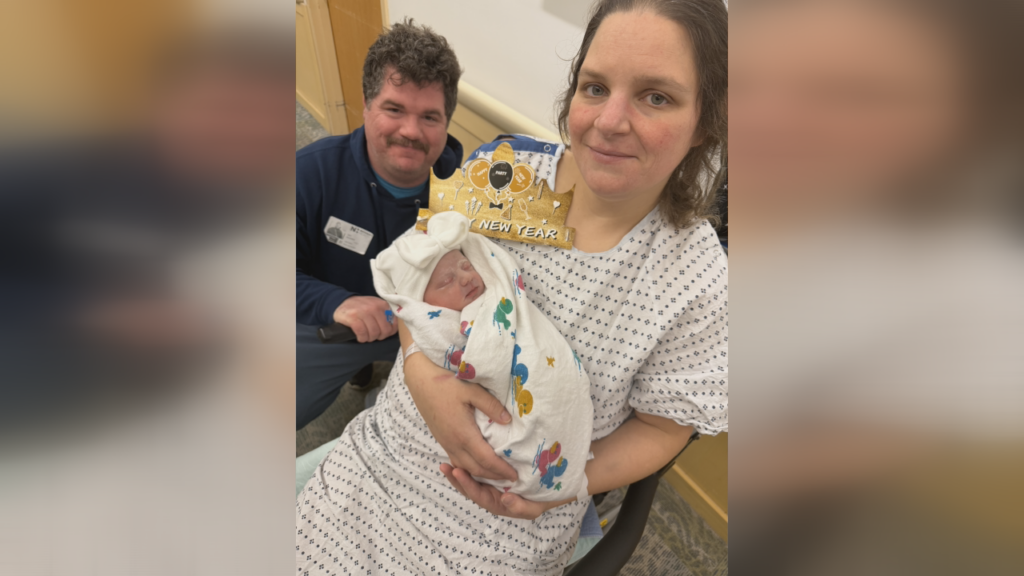Neuro-critical care helps stroke and other neurological patients in the Cape Fear
Neurologist Jafar Hashem visits WWAY with information on stroke symptoms and options for critical care for neurological patients
LELAND, NC (WWAY) — In advance of the WWAY Health Fair at Independence Mall January 25th, several physicians and health care providers are giving us an inside look at some medical innovations here in the Cape Fear.
For instance, there’s a lot happening inside the Neurosciences Institute, which opened last year (2023) at Novant Health New Hanover Regional Medical Center.
Dr. Jafar Hashem is a neurologist at the institute, and he recently stopped by the WWAY studios to talk with Good Morning Carolina co-host Donna Gregory about why it’s critically important to have emergency neurological care in our area.
“What we do is neurologic intensive care,” said Dr. Hashem.
“This is a field of medicine that specializes in taking care of patients with critically ill brain injuries or central nervous system injuries,” he added.
Some examples would include brain hemorrhages or brain bleeds, strokes, problems with a patient’s spinal cord and peripheral nervous system issues.
Physicians and other health care providers at the Neurosciences Institute work together as a team to quickly diagnose and treat patients, to ensure the best possible outcomes.
“With the nervous system being such a delicate system…it’s easy for any injury to cause further injury to the brain,” Hashem explained.
“That’s why it’s important to get care as promptly and as fast as possible.”
Hashem shared some of the common symptoms people should look for if they suspect a stroke or aneurysm may be happening.
The common acronym is “BE-FAST”.
“The ‘B’ stands for balance” Hashem said. “Someone is off-balance or can’t walk properly; ‘E’ stands for any problems with their eyes, vision, blurry vision; ‘F’ stands for face: so someone has a face that’s droopy or you ask them to smile, it kind of looks droopy; ‘A’ stands for arms, if you ask them and one arm can’t go up or is paralyzed, kind of drooping as well; ‘S’ stands for speech, someone has garbled speech or for some reason can’t understand or can’t get out the words; ‘T’ stands for time so if you notice those symptoms, call 911”.
Others symptoms could include extreme headaches, severe nausea and vomiting, and loss of consciousness or seizures.
There’s a multi-disciplinary approach at the Institute that Dr. Hashem says helps the team deliver the best care to patients.
“We have different specialists, all from different backgrounds; we all ’round’ together every day on every single patient, and we go through in as much detail as possible…all the possible conditions that a patient can run into while in the neurologic intensive care unit.”
Dr. Hashem agrees, it takes a village, and they all work together, striving for the best possible outcome for patients and their families.




